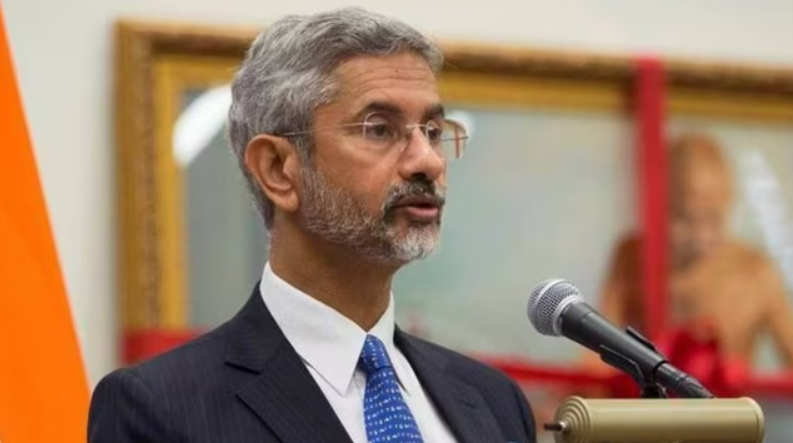India’s Minister of External Affairs, S Jaishankar, has openly criticized Canada for its visa issuance to individuals with alleged ties to organized crime, particularly in connection with the ‘Nijjar killers’ case. Let’s delve into the details of this controversy and its broader implications.

The Nijjar Killers Arrest and Canada’s Response
The controversy stems from Canada’s arrest of three Indian nationals residing in Edmonton—Karan Brar, Kamalpreet Singh, and Karanpreet Singh—for their alleged involvement in the murder of Khalistan terrorist Hardeep Singh Nijjar. Despite India’s prior warnings regarding individuals with suspected criminal backgrounds, Canada proceeded with issuing visas to these individuals, prompting strong condemnation from Minister Jaishankar.
Jaishankar’s Critique: Legitimizing Extremism and Organized Crime
During an interaction on his book ‘Why Bharat Matters,’ Minister Jaishankar voiced serious concerns about Canada’s visa policies, particularly its willingness to accommodate individuals with ‘pro-Pakistan leanings’ and ties to organized crime. He accused the Trudeau government of legitimizing extremism, separatism, and advocates of violence under the guise of free speech, a move he deemed detrimental to both countries’ interests.
Diplomatic Fallout and Trudeau’s Defense
The arrest of the Nijjar killers has exacerbated an already strained relationship between India and Canada, leading to a diplomatic crisis. Prime Minister Trudeau’s defense of Canada’s actions, citing the country’s rule-of-law and commitment to justice, has further fueled tensions. However, Jaishankar rebutted Trudeau’s stance, emphasizing India’s growing global stature and condemning Canada’s perceived tolerance of criminal elements.
Visa Controversy: Importing Criminals for Political Gain
One of the central points of contention is Canada’s alleged welcoming of individuals with dubious backgrounds, including those with organized crime links from Punjab. Despite Indian authorities’ warnings, these individuals were granted visas and allowed to reside in Canada, raising concerns about the potential risks posed by such lenient visa policies.
The Larger Implications: Diplomatic Strain and Global Perception
The Nijjar killers controversy underscores broader issues of diplomatic relations, national security, and the balance between free speech and combating extremism. It reflects a clash of values and priorities between India and Canada, with Jaishankar highlighting the need for reciprocal actions and accountability in international relations.
Conclusion: A Call for Pragmatic Diplomacy
As the Nijjar killers saga unfolds, it serves as a stark reminder of the complexities and challenges in modern diplomacy. Minister Jaishankar’s critique echoes a call for pragmatic diplomacy, emphasizing the importance of addressing security concerns without compromising on fundamental values of justice and rule of law. The outcome of this controversy will not only impact bilateral relations but also shape perceptions of global cooperation and security measures.

